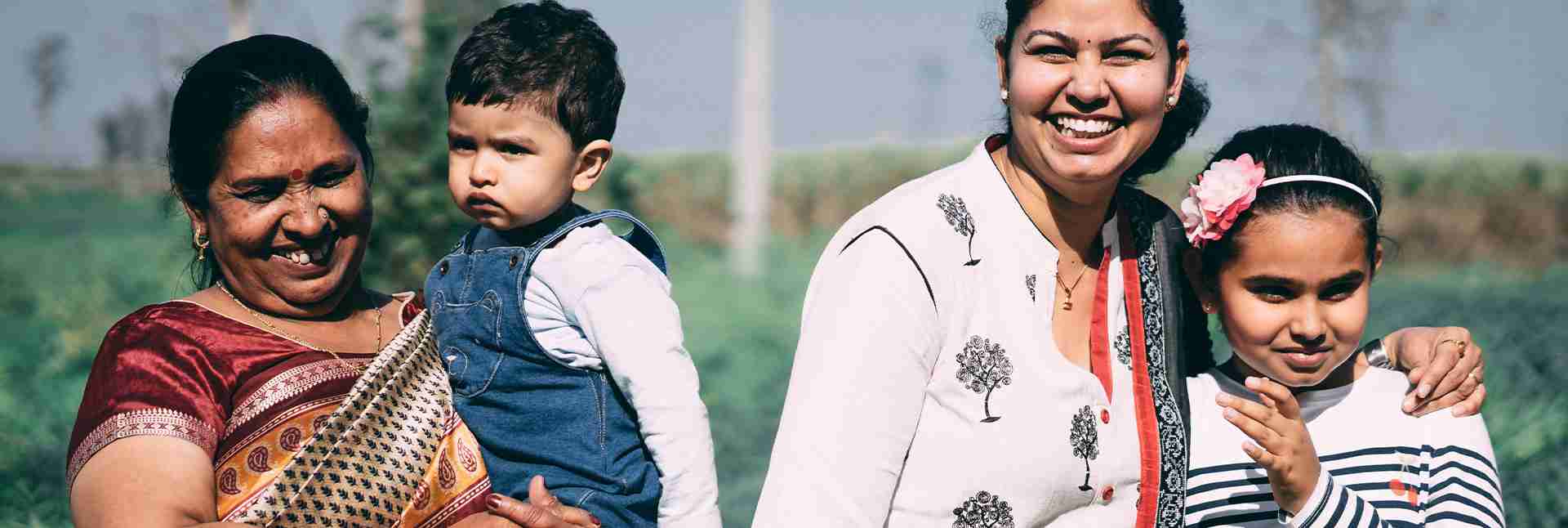The evolution of homo sapiens tells us that togetherness of communities was an important factor that helped people survive and live longer.
Since then, human beings have come a long way and the idea of togetherness has undergone several shifts as a function of factors like changing demographics and societal structures. For the longest time, the dominant narrative around togetherness was very collective in nature; think about ‘unity in diversity’, ‘the world is one family’ etcetera. Families meant joint families, neighbours were considered as extended families and homes were big structures, enabling them to stay together. This need for togetherness characterised the postcolonial times in India – the times when baby boomers considered it essential to hold on to the traditional roots of their identity – occupation, caste and class.

So, what changed?
Slowly, yet steadily, these traditional markers of identity loosened their grip and societies became more individualistic in how they function on a daily basis. For example, celebrations in India could be an important signifier of how our idea of togetherness has changed. Festivals like Diwali and Holi that were essentially celebrated on the streets with family, neighbours and even strangers, are now more restricted in nature. Togetherness, in this sense, has become a more private affair.
Indians, especially the youth, are increasingly questioning the traditional ways of ‘being together’. The skepticism around marriage – an institution that brings two individuals together in a ‘legal contract’- is felt more than ever before; is it really required? Do we really need to have kids after marriage? I can be a single parent, right?
It is not the past (tradition) and the future (culmination) of being together in which we are interested. What matters to us is its ‘now’, which in essence defines the contemporaneity of togetherness. For instance, the concept of ‘dating’ fulfills this void of the present: to ‘date’ is complete in itself, while at the same time it does not preclude the possibility of a future ‘relationship’.
It is also in this contemporaneity of togetherness that we find multiple narratives emerging which highlight issues – hitherto considered inferior to the all-encompassing ‘requirement’ of staying together – that make room for the ‘individual’ in the ambit of togetherness. The trailer of an upcoming movie titled ‘Thappad’ (the Hindi word for a slap), shows the wife, played by the talented Tapsee Pannu, demanding separation from her husband after he slaps her at a party. The trailer ends with the wife saying “ Pata hai us Thappad se kya hua, uss ek Thappad se mujhe woh sari unfair cheezein saaf saaf dikhne lag gayin, jisko main undekha karke move on karte ja rahi thi” (You know what happened by that one slap, that one slap showed me all those things clearly which were unfair to me but I was ignoring them, trying to move on).

The short film genre has also been very active in portraying the need to make room for many progressive aspects in a relationship. In a short titled ‘Juice’, directed by Neeraj Ghaywan, a get-together of married couples and their kids is hosted by Manju (played by the brilliant Shefali Shah) and her husband. In one scene, as her female friends discuss the ‘choice’ between bringing up kids and making a career, Manju stands for a change in perspective as she questions the status quo.

The movie ends with Manju pulling up a chair and sitting down to drink a glass of cold juice amidst the men who were too busy with their liquor, becoming a metaphor for the forgotten act of claiming one’s own space when it has been neglected in a relationship.

What also adds to this contemporary lens, especially in Juice, is its semi-urban, middle class setting juxtaposed with an aspirational idea of the ‘get-together’. The non-occasional, almost mundane nature of the get-together becomes a necessary backdrop that exposes the very norms that hold a community together for their fault lines and biases such as against gender and class. It is also a sign that these narratives are consciously being aimed at the masses. As these conversations are increasingly entering our daily lives, they are giving rise to a new aspiration, beyond the roti, kapda, makaan, or even free Wifi!






